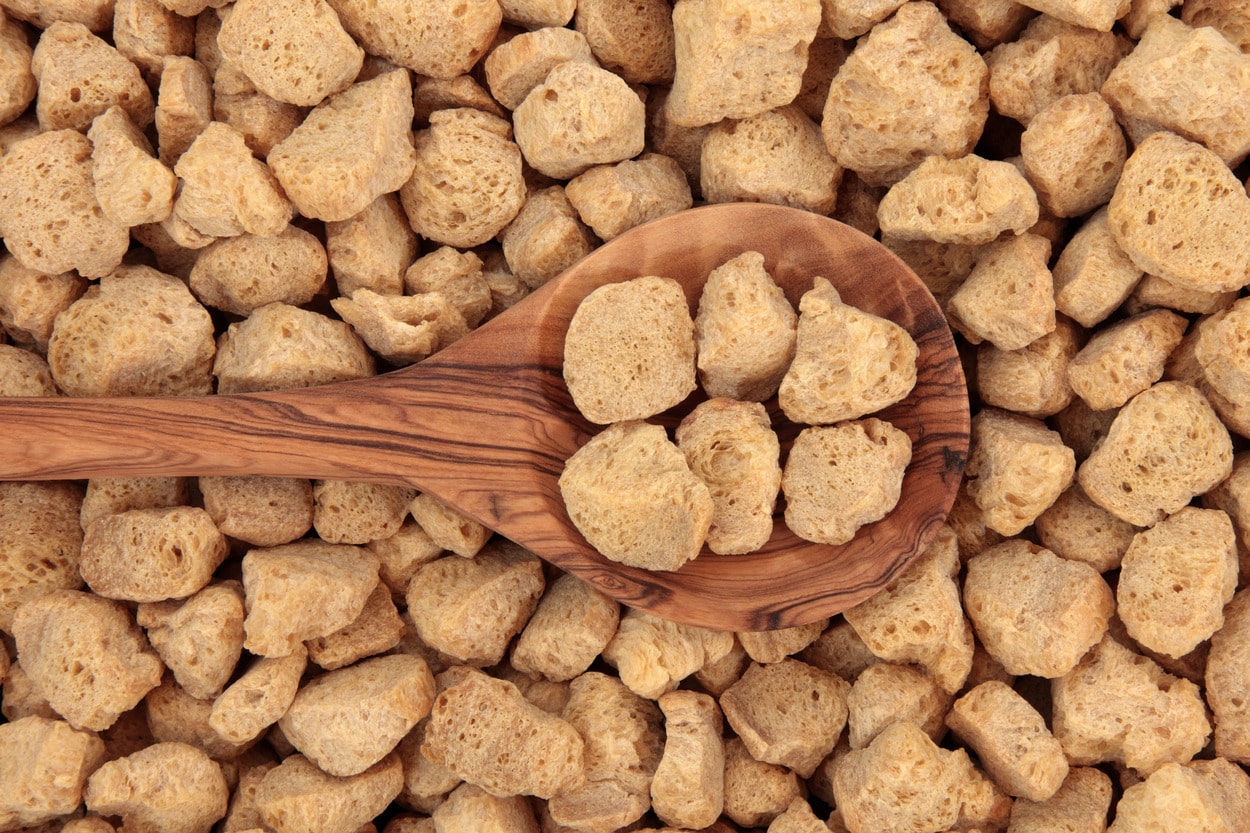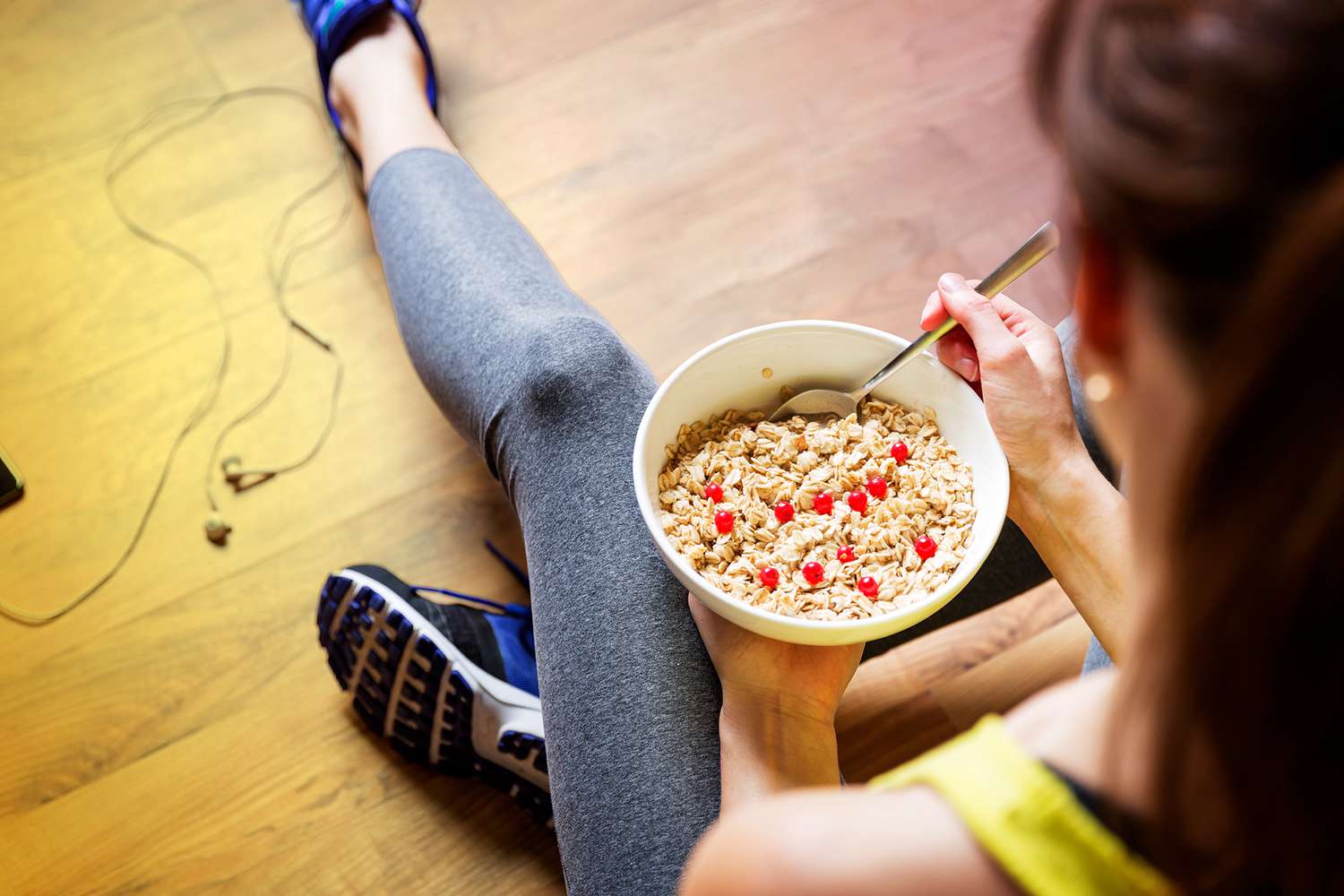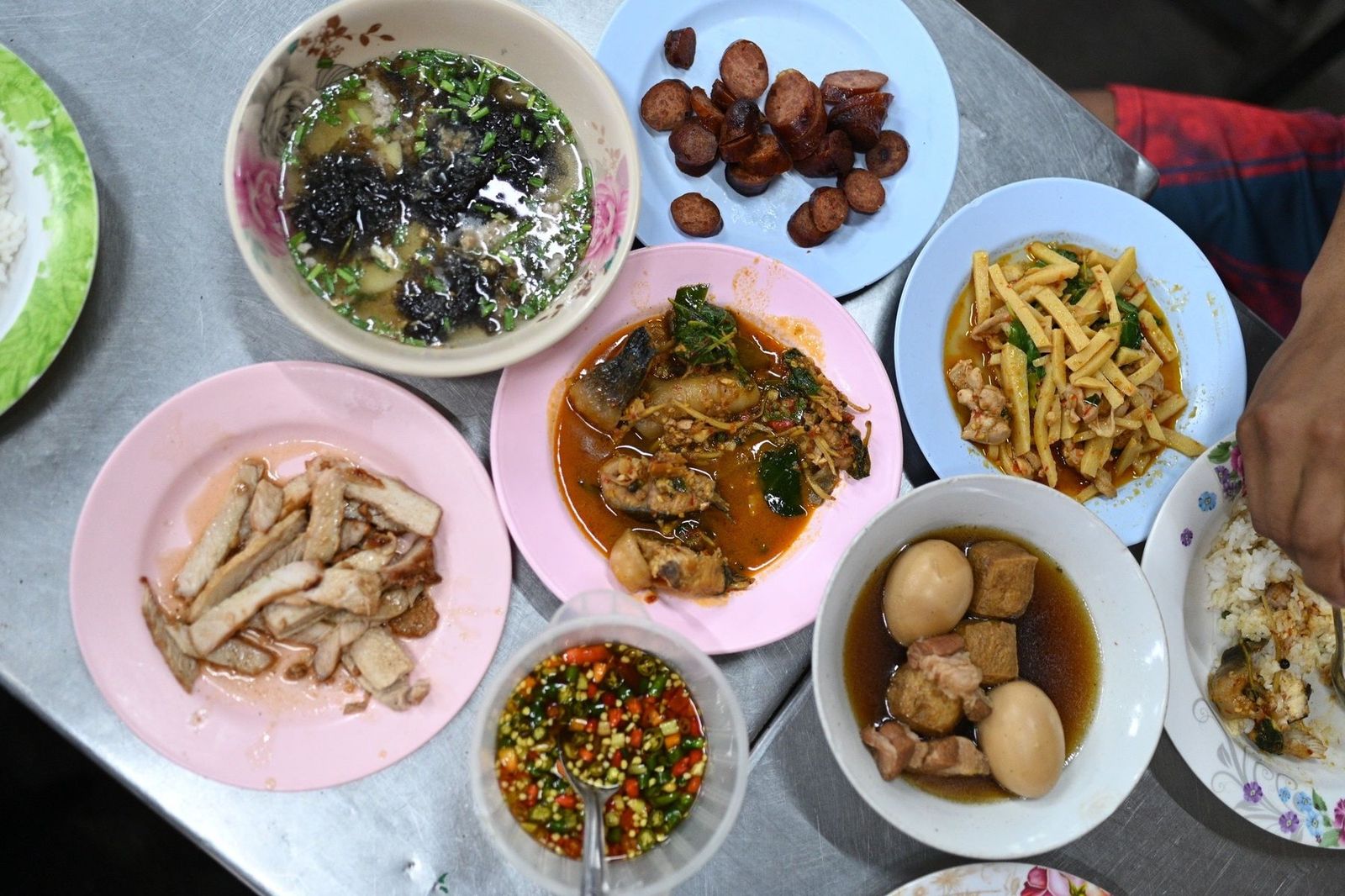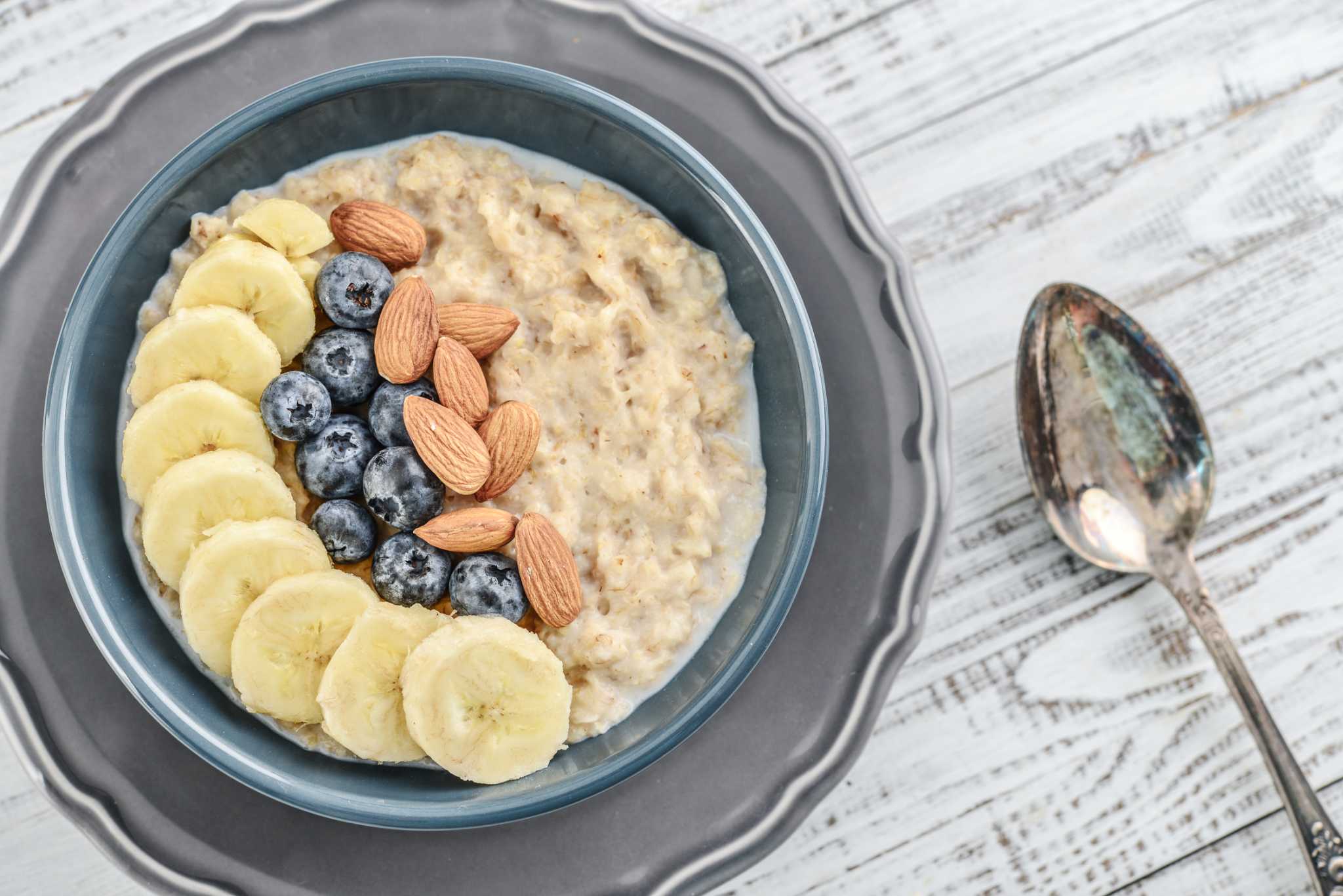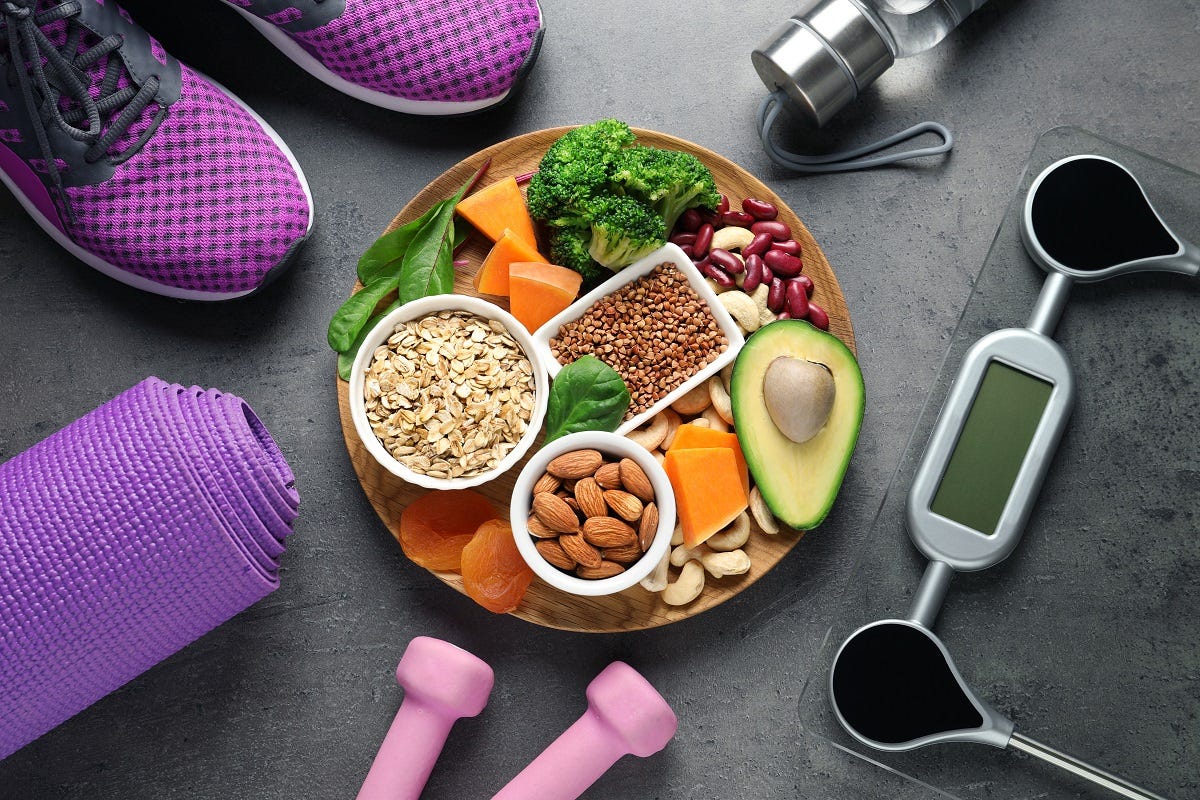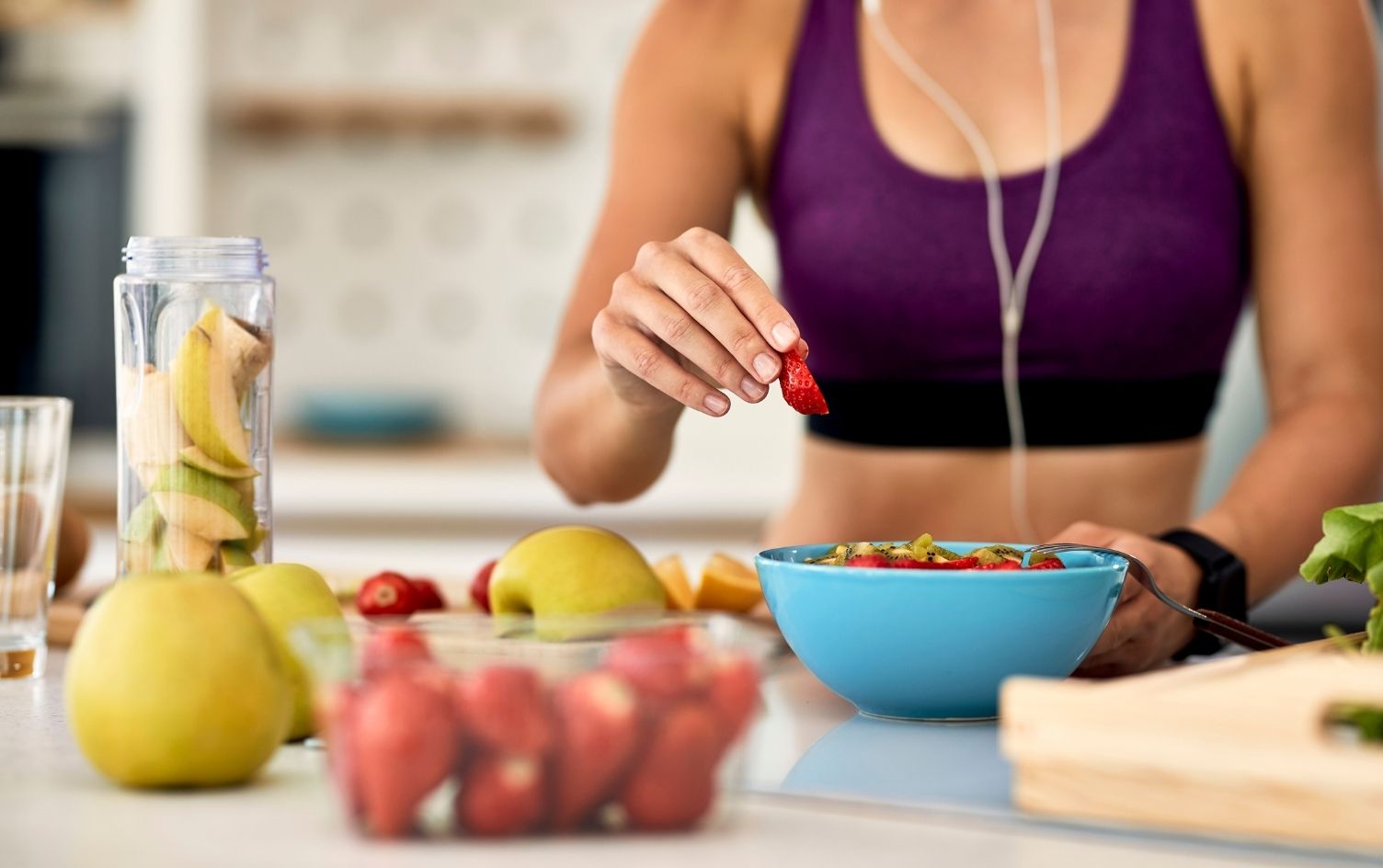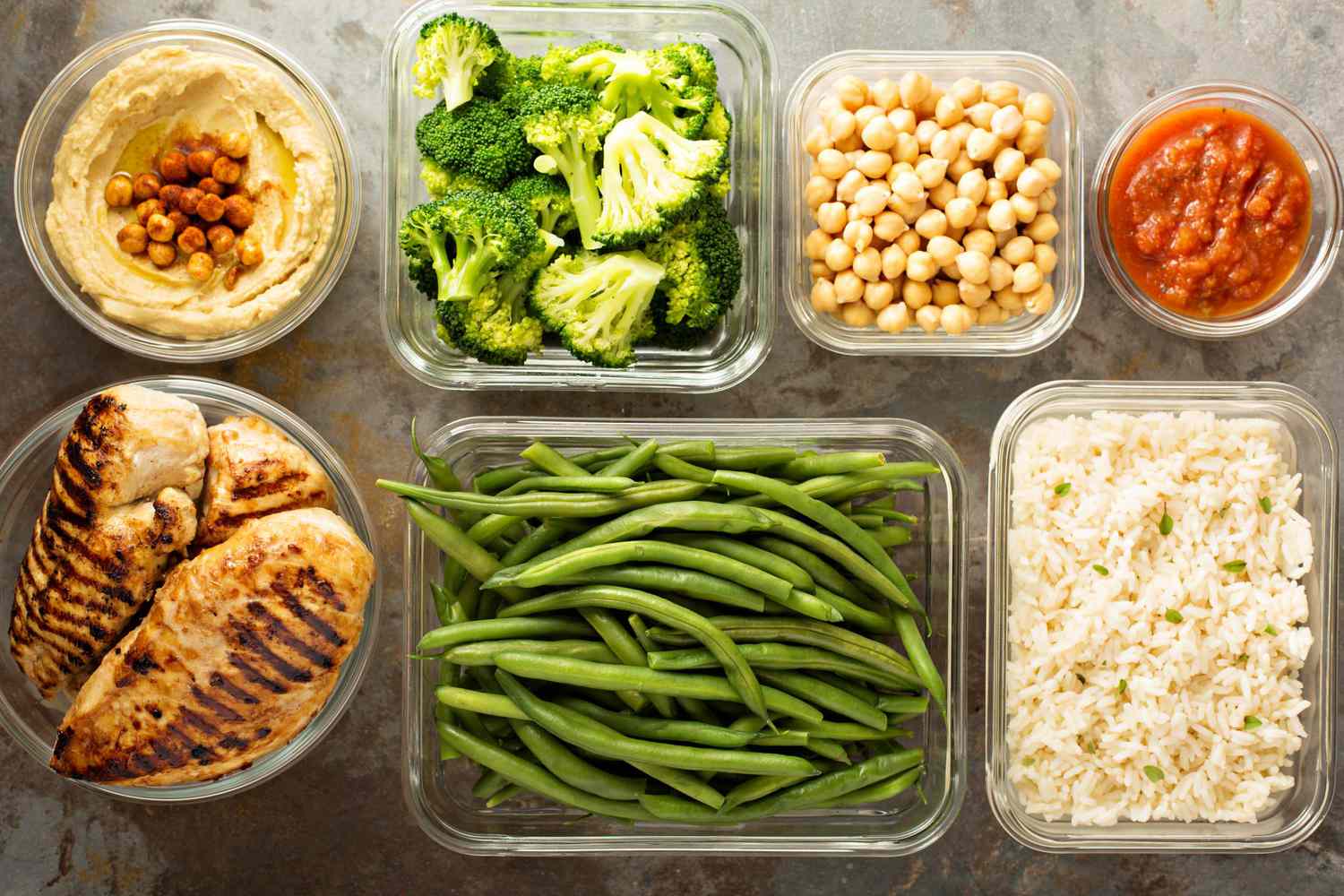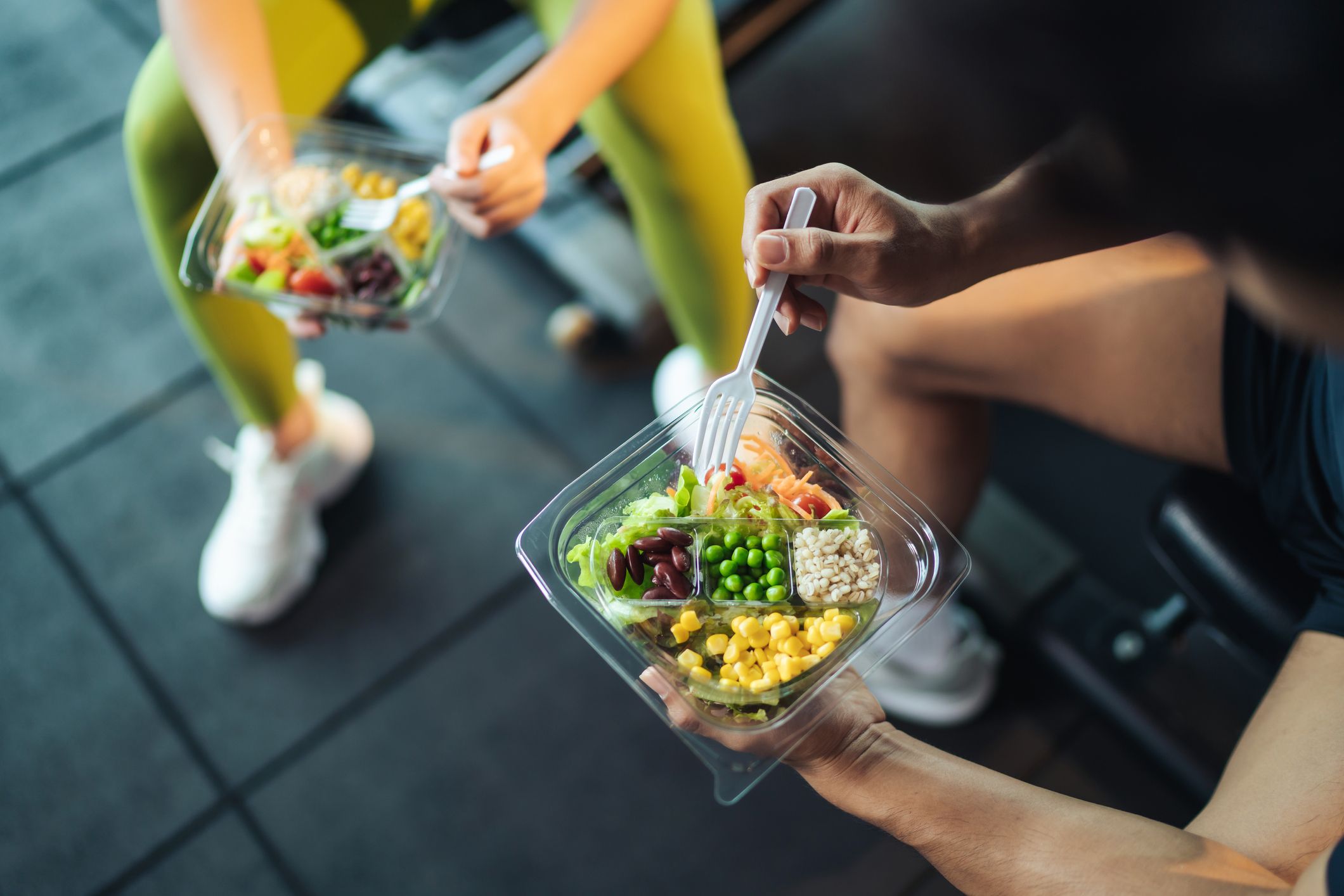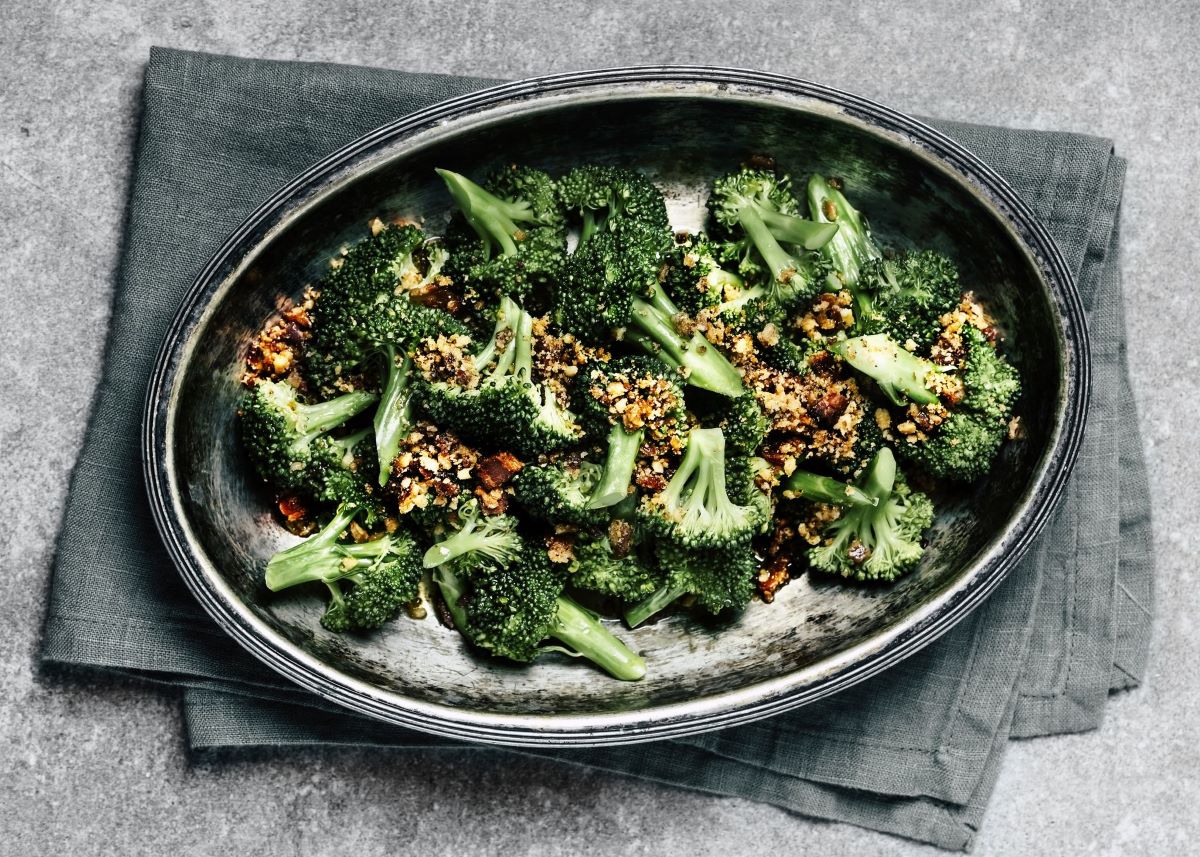Welcoming a new baby brings joy and challenges, especially for new mothers. Post-partum recovery foods play a vital role in helping mothers regain strength and energy. Different cultures have unique traditions and recipes designed to support this crucial period. From nutrient-rich soups in China to energy-boosting snacks in Mexico, these foods offer essential vitamins and minerals. Exploring these global recovery foods can provide valuable insights into how different societies care for new mothers. Let's dive into the diverse and nourishing world of post-partum recovery foods, discovering how they contribute to a mother's well-being.
Essential Ingredients for Your Dish
Exploring Global Post-Partum Recovery Foods
Chinese Confinement Soup:
- Chicken: 1 whole, cut into pieces
- Ginger: 3 slices
- Goji berries: 1/4 cup
- Red dates: 1/4 cup
- Water: 8 cups
- Salt: to taste
Indian Panjiri:
- Whole wheat flour: 2 cups
- Ghee: 1 cup
- Sugar: 1 cup
- Almonds: 1/2 cup, chopped
- Cashews: 1/2 cup, chopped
- Cardamom powder: 1 tsp
Mexican Atole:
- Corn masa flour: 1 cup
- Milk: 4 cups
- Cinnamon stick: 1
- Vanilla extract: 1 tsp
- Sugar: 1/2 cup
- Water: 2 cups
Korean Seaweed Soup (Miyeokguk):
- Dried seaweed: 1/2 cup
- Beef: 100g, sliced thin
- Garlic: 2 cloves, minced
- Sesame oil: 1 tbsp
- Soy sauce: 2 tbsp
- Water: 6 cups
Moroccan Harira:
- Lentils: 1 cup
- Chickpeas: 1 cup, cooked
- Tomatoes: 4, pureed
- Onion: 1, chopped
- Celery: 2 stalks, chopped
- Garlic: 3 cloves, minced
- Cilantro: 1/2 cup, chopped
- Parsley: 1/2 cup, chopped
- Olive oil: 2 tbsp
- Spices: cumin, turmeric, cinnamon, salt, pepper to taste
- Water: 8 cups
Tools and Instruments Needed
Tools Needed for Exploring Global Post-Partum Recovery Foods
- Cutting Board: Essential for chopping vegetables, fruits, and meats.
- Chef's Knife: A sharp knife makes slicing and dicing easier.
- Measuring Cups and Spoons: Accurate measurements ensure recipes turn out right.
- Mixing Bowls: Useful for combining ingredients.
- Saucepan: Ideal for cooking soups, stews, and broths.
- Skillet: Perfect for sautéing vegetables and meats.
- Blender: Great for making smoothies and purees.
- Steamer Basket: Helps retain nutrients in vegetables.
- Grater: Useful for grating ginger, garlic, and other spices.
- Colander: Drains pasta, rice, and washed vegetables.
- Wooden Spoon: Gentle on cookware, ideal for stirring.
- Whisk: Blends ingredients smoothly.
- Tongs: Handy for flipping and serving food.
- Peeler: Removes skins from fruits and vegetables.
- Storage Containers: Keeps leftovers fresh.
- Kitchen Scale: Ensures precise ingredient amounts.
- Oven Mitts: Protects hands from hot surfaces.
- Timer: Keeps track of cooking times.
- Spatula: Useful for flipping and spreading.
- Immersion Blender: Blends soups directly in the pot.
- Mortar and Pestle: Crushes spices and herbs.
- Rolling Pin: Flattens dough for breads and pastries.
- Baking Sheet: Bakes cookies, bread, and other treats.
- Thermometer: Checks the temperature of meats and liquids.
- Salad Spinner: Dries leafy greens quickly.
- Garlic Press: Minces garlic effortlessly.
- Zester: Adds citrus zest to dishes.
- Ladle: Serves soups and stews.
- Pastry Brush: Applies glazes and oils.
- Kitchen Shears: Cuts herbs, meats, and packaging.
- Rice Cooker: Cooks rice perfectly every time.
- Slow Cooker: Ideal for making hearty, slow-cooked meals.
- Pressure Cooker: Speeds up cooking times for tough ingredients.
Different cultures use foods like seaweed soup in Korea, ginger in China, and bone broth in the U.S. to aid post-partum recovery, providing essential nutrients and promoting healing.
The Importance of This Process
Post-partum recovery foods help new mothers regain strength. Different cultures offer unique dishes rich in nutrients. These foods often include proteins, vitamins, and minerals essential for healing. They also provide comfort and tradition, connecting mothers to their heritage while supporting their physical and emotional well-being.
Step-by-Step Instructions for Exploring Global Post-Partum Recovery Foods
Exploring Global Post-Partum Recovery Foods
-
Research Traditional Foods
- Look into various cultures to understand their traditional post-partum foods. Many societies have unique dishes intended to support recovery and lactation.
-
Identify Key Nutrients
- Focus on foods rich in iron, protein, calcium, and vitamins. These nutrients are crucial for healing and energy in new mothers.
-
Compile a List of Ingredients
- Based on your research, create a list of common ingredients across different cultures. Items like ginger, garlic, oats, and leafy greens often appear in post-partum meals.
-
Consult Health Professionals
- Before adding any new food to a post-partum diet, it's wise to talk with a dietitian or a doctor. They can provide personalized advice based on individual health needs.
-
Plan Meals Around Key Ingredients
- Design meals that incorporate the identified ingredients. For instance, soups and stews are popular in many cultures for their ease of digestion and nutrient density.
-
Incorporate Healthy Fats
- Include sources of omega-3 fatty acids such as flaxseeds, chia seeds, and fish. These fats are important for the mother's recovery and the baby's development.
-
Stay Hydrated
- Emphasize the importance of hydration. Herbal teas and broths can offer both hydration and nutrients beneficial for recovery.
-
Prepare in Advance
- Cooking might be challenging for new mothers. Preparing meals in advance or setting up a meal train with family and friends can be incredibly helpful.
-
Listen to the Body
- Each person's recovery is unique. Encourage new mothers to listen to their bodies and adjust their diets according to what feels right for them.
-
Include Probiotic-Rich Foods
- Foods like yogurt and fermented vegetables support gut health, which is crucial for overall wellness and recovery.
-
Balance is Key
- While focusing on nutrient-rich foods, it's also important to maintain a balanced diet. This ensures that all dietary needs are met without overemphasizing any single nutrient.
-
Cultural Respect and Adaptation
- While exploring global foods, it's essential to approach them with respect and a willingness to adapt based on availability and personal dietary restrictions.
-
Continuous Learning
- Recovery foods and dietary needs can vary widely. Stay open to learning from new mothers about what works best for them, adapting your approach as needed.
Nourishing New Mothers Worldwide
Post-partum recovery foods play a crucial role in helping new mothers regain strength and vitality. Different cultures offer unique dishes, each packed with nutrients essential for healing. From bone broth in China to kheer in India, these foods not only provide physical nourishment but also comfort and tradition.
Incorporating these global recipes into your diet can offer a variety of flavors and health benefits. Whether it's the iron-rich liver dishes from Nigeria or the herbal soups from Korea, each meal supports recovery in its own special way.
Remember, the journey of motherhood is unique for everyone. Embracing diverse post-partum foods can make this period more enjoyable and nutritious. So, explore these culinary traditions, and give your body the care it deserves. Happy healing!
Common Questions About Exploring Global Post-Partum Recovery Foods
What are some traditional post-partum recovery foods from around the world?
Different cultures have unique foods to help new moms recover. In China, ginger chicken soup is popular for its warming properties. India often uses panjiri, a sweet made with nuts and ghee. In Mexico, caldo de pollo (chicken soup) is a go-to for its nutrients.
Why is ginger commonly used in post-partum diets?
Ginger is believed to have anti-inflammatory and digestive benefits. It helps reduce swelling, improves digestion, and boosts circulation, which can speed up recovery.
Are there any specific herbs that aid in post-partum recovery?
Yes, many cultures use herbs like fenugreek, turmeric, and moringa. Fenugreek is thought to boost milk production, turmeric has anti-inflammatory properties, and moringa is packed with vitamins and minerals.
How does protein help in post-partum recovery?
Protein is crucial for tissue repair and muscle recovery. It helps rebuild the body after childbirth. Foods like eggs, chicken, and lentils are excellent sources.
Can spicy foods be beneficial for new moms?
Spicy foods can help with circulation and digestion, but they should be consumed in moderation. Some moms might find them too harsh on their stomachs, especially if breastfeeding.
What role do soups play in post-partum recovery?
Soups are easy to digest and can be packed with nutrients. They help keep the body hydrated and provide essential vitamins and minerals. Bone broth is particularly beneficial for its collagen content.
Are there any foods to avoid during post-partum recovery?
It's best to avoid processed foods, caffeine, and alcohol. These can interfere with healing and might affect breast milk quality. Stick to whole, nutrient-dense foods for the best recovery.
